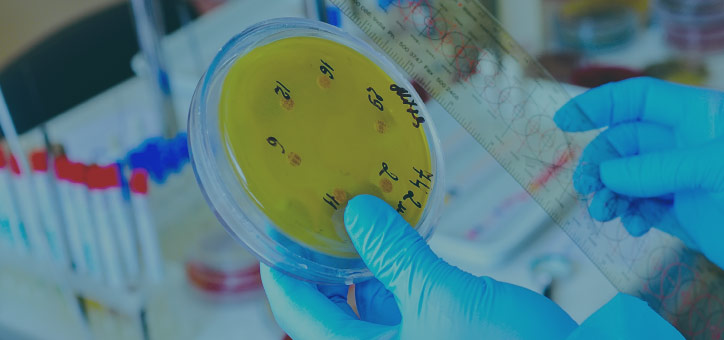Think of the many medical and health breakthroughs we’ve had in the past few decades. The National Institutes of Health (NIH)’s clinical center highlights some of the most notable medical milestones, including new treatments for some types of skin cancer, how gene therapy can treat some illnesses, and even the effectiveness of the latest shingle vaccine. Every single medical and health progression and breakthrough has, to some degree, been the result of extensive clinical research.
The National Institutes of Health defines clinical research as, “medical research that involves people to test new treatments and therapies.” Basically, clinical research aims to keep advancing medical knowledge through studies. The goal of clinical research is to gain knowledge of illnesses or medications and develop better diagnostic methods and new treatments in order to improve care for patients.
Sounds simple, right? Keep reading to learn more.
How Does Clinical Research Work?
While the goal of clinical research is simple, the process is not always as straightforward. Duke Health details some of the different types of clinical research:
- Epidemiology studies: looks for patterns, causes, and effects of diseases
- Behavioral studies: understands how behavior relates to overall health
- Genetic studies: examines the role genes have in health and disease
- Physiological studies: understands the complex human body and how it functions

Here’s how clinical research works:
All clinical research starts with a question or multiple questions. For example, researchers may ask, “Is this new antidepressant effective for women over 65?”
Then the researchers get to work: they design a clinical research study, which is a controlled experiment that they hope will give them answers to their questions. Generally, two types of clinical research studies are considered: an observational study or a clinical trial.
In an observational study, researchers observe a group of people from afar, meaning the researchers don’t interfere in any way. They are simply watching them and taking notes. For example, the researchers may want to know the link between caffeine and sleep. In an observational study, they would ask the participants to record their caffeine intake and the amount they slept each night. They may follow these participants for a specific length of time to track responses.
What Are Clinical Trials?
Clinical trials are medical research studies that are focused on evaluating a “medical, surgical, or behavioral intervention.” Clinical trials are useful for finding out if new medical treatments, like a diet or drug, is effective and safe for people.
Let’s say clinical researchers want to decide if a new diet pill is effective. They may divide their participants into three groups: one gets the new pill, one gets a placebo, and one gets nothing. Researchers would then study the responses and side effects in order to decide if the new treatment is effective.
Of course, who are needed in clinical trials? Participants! Anyone who participates in a clinical trial must give informed consent to show that they understand exactly what is happening and how they may be affected. The U.S. Food and Drug Administration (FDA) approves clinical trials if the researchers first perform tests and studies on animals to check for safety. Clinical trials are part of a lengthy process that may take years to complete.
Why Do Clinicians Need Research?
The short answer is because we don’t know everything there is to know about the medical field. If we did, we wouldn’t need research.
The long answer as to why clinicians need research is that the medical world continuously evolves. What used to be the best treatment for depression and anxiety back in the 50s has been updated to reflect new knowledge. Cancer treatments are also continuously evolving and improving.

Clinicians also need research to create new medications, improve current ones, or eliminate ones that are no longer helpful or effective. How do you think they decide whether a medication is beneficial to put on the market? Clinical research!
What Does Clinical Research Mean to You?
Let’s make clinical research relevant here: think of an illness or disease that has affected you or someone you love. Then, think about all the knowledge surrounding that specific disease. Then ask yourself what additional knowledge you wish you knew about the disease and how advanced treatment would help.
The NIH states that “clinical research should be seen as the social good that it is.” People should think about how they can help prevent and treat diseases and illnesses. You may be wondering if you can do anything. The answer is that you can participate in clinical research studies. The National Institute on Aging provides some great articles that allow you to understand the benefits and risks of participating in a clinical research study.
Right now, in the midst of the Covid-19 pandemic, plenty of clinical studies are being carried out to study, prevent, and treat this disease, and governments around the world are shelling out billions of dollars to fund these efforts. This is for a reason: clinical research saves lives.
As you can see, the importance of clinical research is immense. We would not have the information in health and medicine that we do today without this valuable research.





